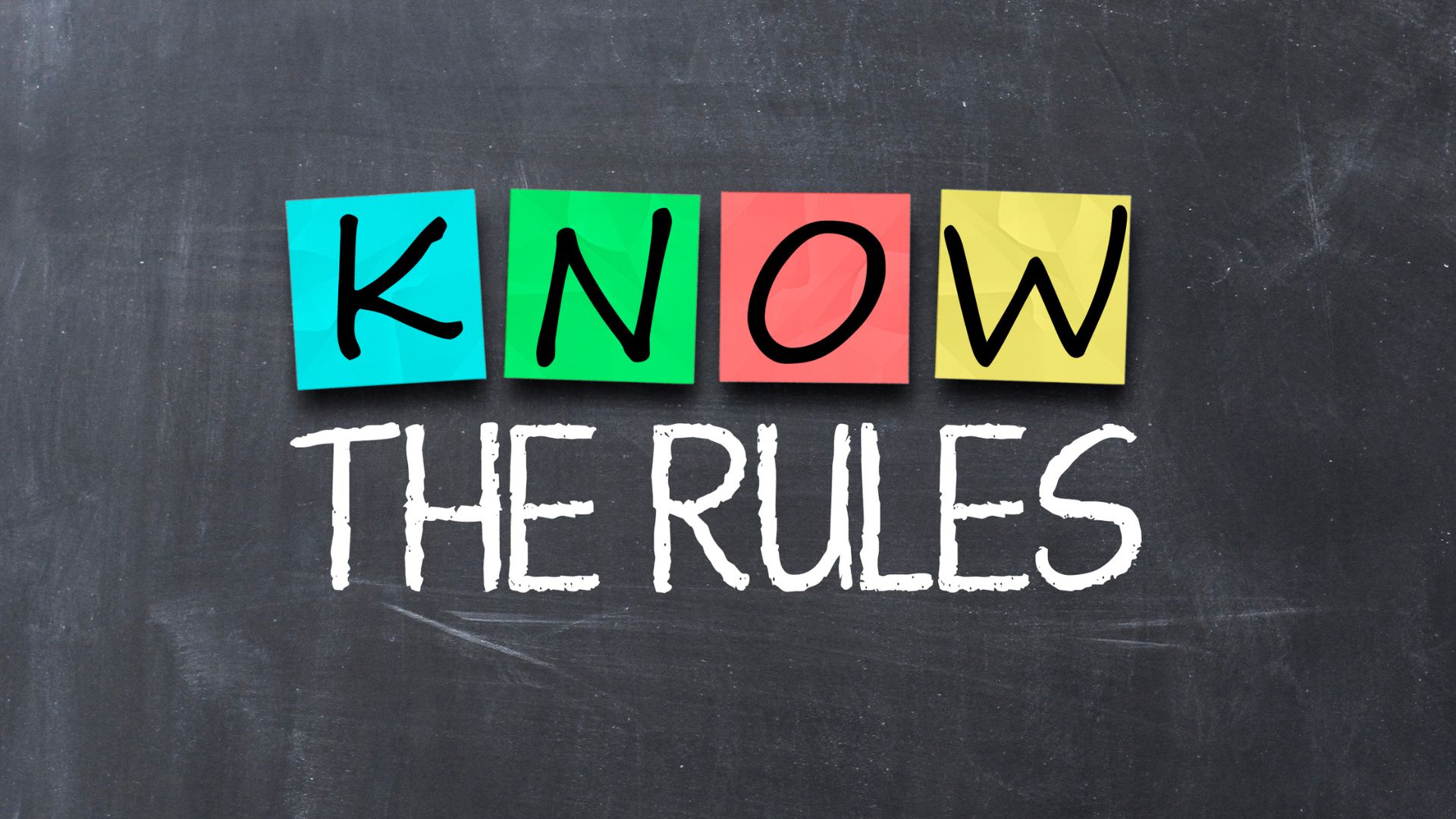Mississauga, Canada Airbnb Rules & Regulations
Last updated on: 4th July, 2025


Last updated on: 4th July, 2025

In Mississauga, Ontario, operating a short-term rental such as an Airbnb is governed by the Short-Term Accommodation (STA) By-law, which came into effect on January 19, 2021. This regulation sets specific requirements to ensure compliance, public safety, and community standards amidst the significant growth of the short-term rental market.
Business License: Hosts must obtain a business license from the City of Mississauga to legally operate a short-term rental. The license costs $250 annually.
Principal Residence Rule: Rentals are only allowed from the host's principal residence, defined as the address where they reside for the majority of the year. A maximum of three bedrooms can be rented out at any one time, and rentals are not permitted in investment properties or units where the host does not live.
Application Process: To apply for a license, hosts need to provide several documents, including:
License Display: Once the license is issued, hosts must display their license number prominently in all online listings and advertisements.
Tax Obligations: Guests are responsible for paying a 4% Municipal Accommodation Tax (MAT) on their stay, managed by the rental platform. Additionally, hosts earning more than $30,000 annually must register for and remit GST/HST.
Record Keeping: Hosts are required to maintain records involving guest names and rental transactions for a minimum of three years.
Local Restrictions: Some neighborhoods, particularly Port Credit and Streetsville, have stricter regulations prohibiting short-term rentals altogether to preserve neighborhood character. Furthermore, condominium rules may impose additional restrictions, as condo boards can regulate short-term rental practices.
Enforcement and Penalties: Non-compliance can lead to fines up to $100,000. The city conducts regular inspections and has a dedicated enforcement team to handle complaints and ensure adherence to regulations.
Mississauga’s STA By-law emphasizes responsible hosting while supporting neighborhood stability. Although the regulations create obstacles for some potential hosts, they are intended to curb issues such as noise disturbances and housing supply shortages. Those considering operating a short-term rental in Mississauga are encouraged to thoroughly review the regulations and ensure compliance with all requirements.
For more inquiries or assistance, hosts can contact the City of Mississauga’s Licensing department via phone (311) or email ([email protected]).